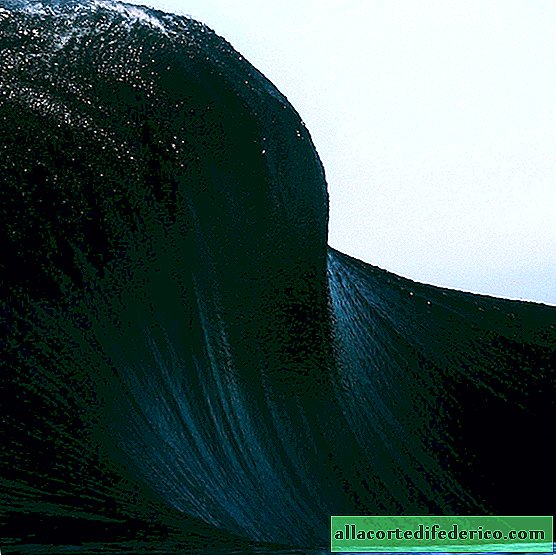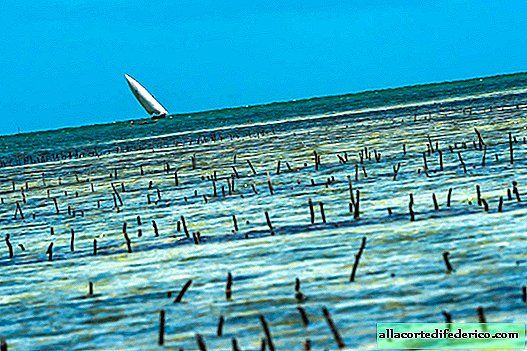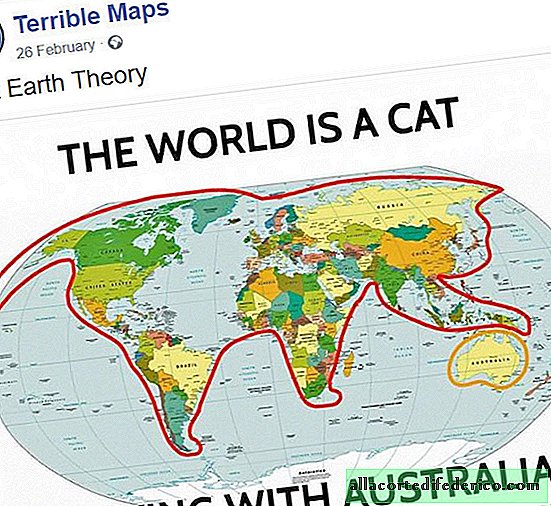A new kind of moon fish: strange creatures love to sunbathe and do not like seals
Scientists have discovered a new, fourth species of moon fish. Its presence was predicted by DNA analysis of other species that scientists found, but only recently managed to see this strange creature live. Interestingly, in English this fish is called sunfish - sunfish. But the German name describes them much better: Schwimmender Kopf, or "floating head".
The fourth is not superfluous
The fins of this fish randomly hang out, the teeth form a beak-like mouth, and it seemed to be incompletely made of clay, leaving a shapeless piece three meters long and two high (the fins of the moon fish are vertically) and weighing 2.5 tons.

Before Mola tecta - the so-called new fish species - was discovered, scientists studied moon fish samples for four years to make sure they really found something new. Genetic samples spoke of the existence of four species of moon fish, while only three were known. To prove the existence of the fourth species, it had to be discovered.
Moon tan
By the way, vertical fins can be misleading: moon fish can be mistaken for a shark. But in fact, they are gentle and touching creatures who love to sunbathe.

Basically, moon fish live at a depth of up to 600 meters, so when they briefly rise to the surface, they try to use this time to the fullest. They spread their flat bodies to catch the sun's rays. Of course, the first thing they care about is not a good tan, but solar heat. In addition, they become "plates" for seabirds, who gladly eat parasites from the bodies of fish, helping them.
But not everyone is so friendly to these creatures. For example, seals and sea lions, having caught the moon fish, can break its vertical fin and leave it like that. It is not clear why they are doing this - out of sports interest, or they don’t like the taste. But everything ends tragically: deprived of fins, the fish slowly sinks, defenseless in front of sea predators.

















